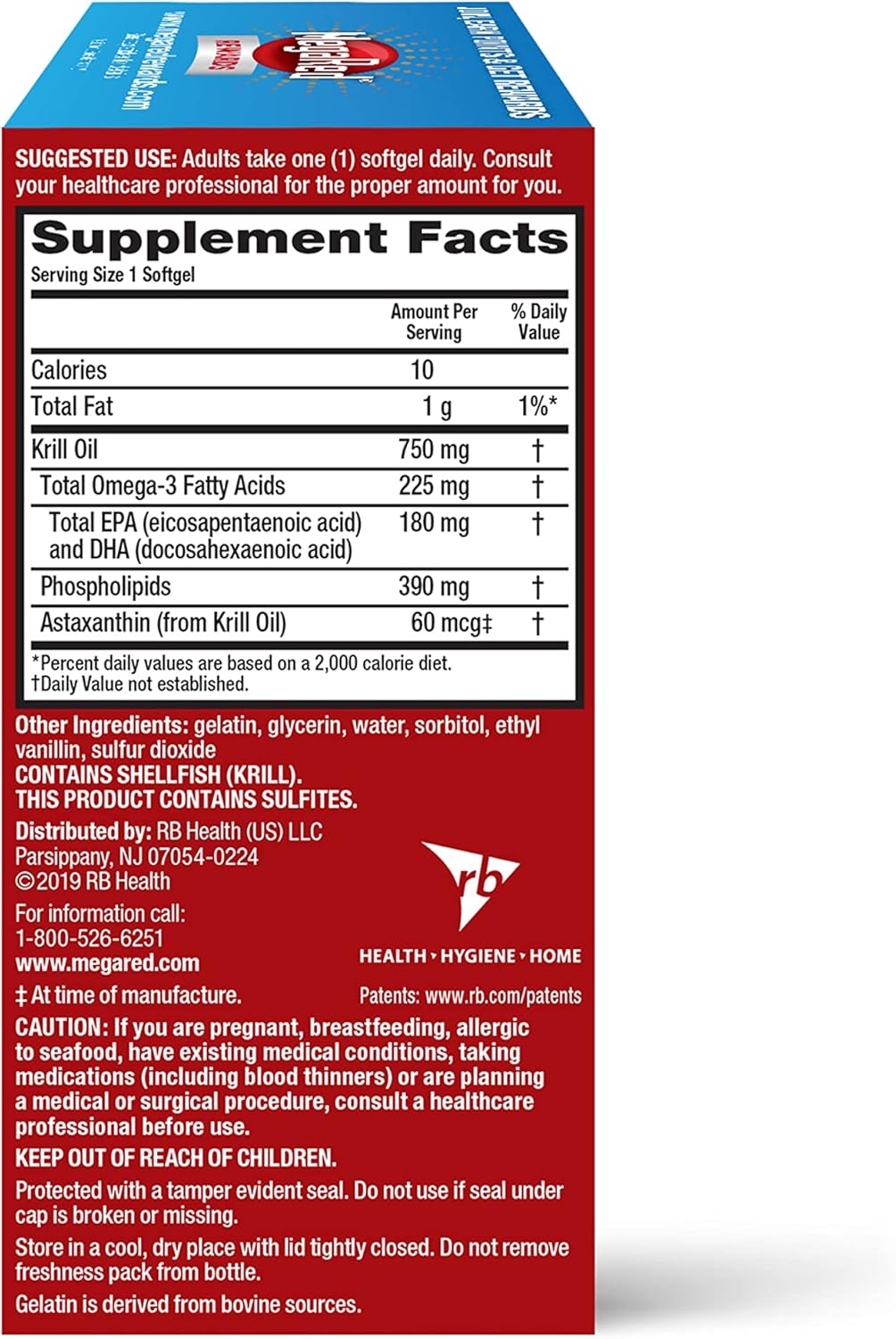The Benefits of Fish oil, Alzheimer Treatment
Fish oil, which contains omega-3 fatty acids, has been extensively studied for its potential benefits in preventing or aiding with Alzheimer's disease. According to current medical research, there is suggestive evidence that Fish oil may indeed have a positive impact on cognitive function and reduce the risk of developing Alzheimer's disease. Omega-3 fatty acids, especially eicosapentaenoic acid (EPA) and docosahexaenoic acid (DHA), play an essential role in brain health and have been associated with improved cognitive abilities and reduced inflammation in the brain.
Several studies have supported the potential benefits of Fish oil in Alzheimer's disease. For instance, a systematic review published in the Journal of Clinical Psychopharmacology found that omega-3 supplementation significantly improved cognitive function in individuals with mild cognitive impairment (MCI) and reduced the progression to Alzheimer's disease. Another study published in the Archives of Neurology demonstrated that higher DHA intake was associated with a reduced risk of Alzheimer's disease in older adults.
While the current research is promising, it is important to note that further large-scale, long-term randomized controlled trials are needed to establish a definitive link between Fish oil and Alzheimer's disease prevention or treatment. Additionally, individual responses may vary, and it should not replace any prescribed treatments or interventions. Nonetheless, incorporating Fish oil into a balanced diet, in consultation with a healthcare professional, may offer potential cognitive benefits and contribute to overall brain health.
- • Quinn, J. F., Raman, R., Thomas, R. G., Yurko-Mauro, K., Nelson, E. B., Van Dyck, C., ... & Shinto, L. (2010). Docosahexaenoic acid supplementation and cognitive decline in Alzheimer disease: a randomized trial. Jama, 304(17), 1903-1911.



